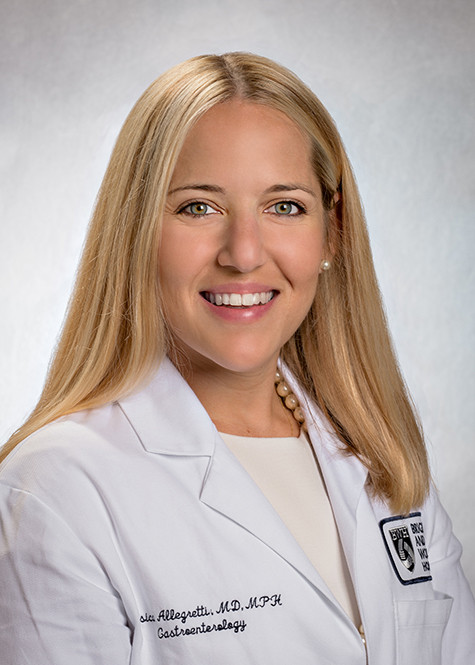
5 timeless habits for better health

What are the symptoms of prostate cancer?

Is your breakfast cereal healthy?

When pain signals an emergency: Symptoms you should never ignore

Does exercise give you energy?

Acupuncture for pain relief: How it works and what to expect

How to avoid jet lag: Tips for staying alert when you travel

Biofeedback therapy: How it works and how it can help relieve pain

Best vitamins and minerals for energy

Should you take probiotics with antibiotics?
Harvard Health Experts and Contributors
List of Experts

Susan Abookire, BSEE, MD, MPH, FACP
Contributor

Steven A. Adelman, MD
Contributor

Marwa A. Ahmed, MD, MS
Contributor

Jessica Allegretti, MD, MPH
Contributor

Joseph Allen, DSc, MPH, CIH
Contributor

Daniel Amponsah, MD
Guest Contributor

Christopher D. Anderson, MD, MSc
Contributor

Sue-Ellen Anderson-Haynes, MS, RDN, CDCES, LDN, NASM-CPT
Contributor

Chika Anekwe, MD, MPH
Contributor; Editorial Advisory Board Member, Harvard Health Publishing

Adjoa Anyane-Yeboa, MD, MPH
Contributor

Wynne Armand, MD
Contributor

Sait Ashina, MD
Contributor

Steven J. Atlas, MD, MPH
Contributor

Parham Azimi, PhD
Contributor

Ashwini Bapat, MD
Contributor

Miriam Barshak, MD
Contributor

Melissa Bartick, MD
Contributor

Elizabeth Bashoff, MD
Contributor

Nicole Baumer, MD, MEd
Contributor

Lisa Bebell, MD
Contributor

Mark Benson, MD, PhD
Contributor

Bonnie Bermas, MD
Contributing Editor

Rachelle Bernacki, MD
Contributor

Aaron Bernstein, MD, MPH
Contributor

Carolyn A. Bernstein, MD, FAHS
Contributor

5 timeless habits for better health

What are the symptoms of prostate cancer?

Is your breakfast cereal healthy?

When pain signals an emergency: Symptoms you should never ignore

Does exercise give you energy?

Acupuncture for pain relief: How it works and what to expect

How to avoid jet lag: Tips for staying alert when you travel

Biofeedback therapy: How it works and how it can help relieve pain

Best vitamins and minerals for energy

Should you take probiotics with antibiotics?


